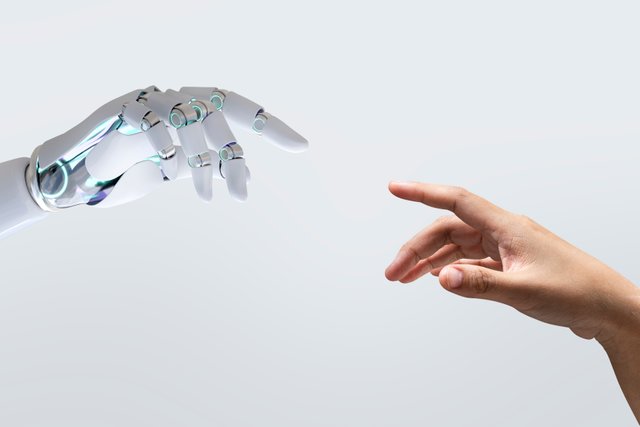
Artificial intelligence (AI) has already had a significant impact on society, and its influence is expected to continue growing in the coming years. Here are some potential ways AI could impact society:
Automation: AI could automate many jobs that are currently performed by humans, leading to job displacement and potentially significant changes in the labor market.
Healthcare: AI has the potential to improve healthcare by providing faster and more accurate diagnoses, predicting diseases, and developing personalized treatments.
Education: AI could revolutionize education by personalizing learning experiences and providing students with individualized feedback and support.
Transportation: AI is expected to play a crucial role in the development of self-driving cars, which could make transportation safer, more efficient, and more affordable.
Ethics and governance: As AI becomes more advanced, there will be an increasing need to address ethical and governance issues, such as ensuring that AI systems are transparent, fair, and accountable.
Security: AI has the potential to improve security by detecting and preventing cyber-attacks, identifying security threats, and predicting criminal activity.
Overall, AI has the potential to transform many aspects of society in the coming years. While there are many potential benefits to AI, there are also significant risks, and it will be important for society to carefully consider and manage these risks as AI continues to evolve.